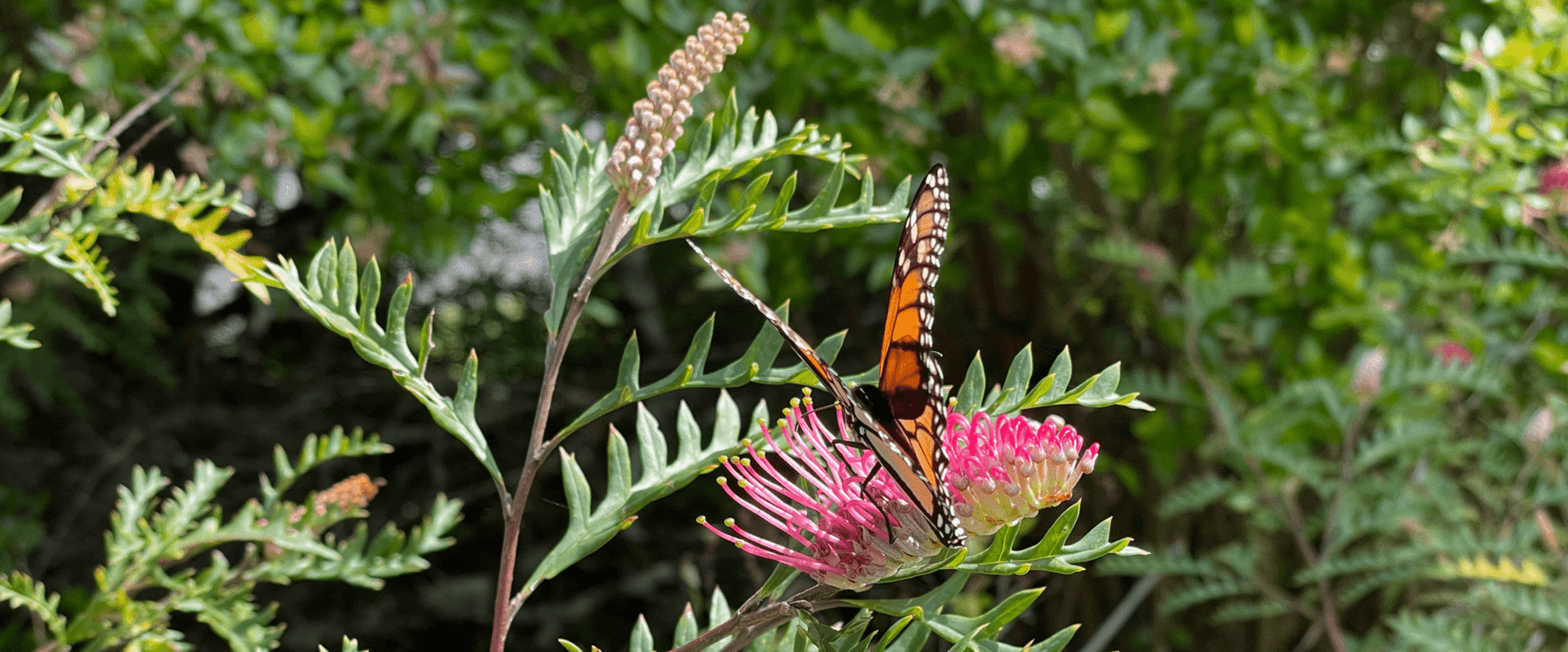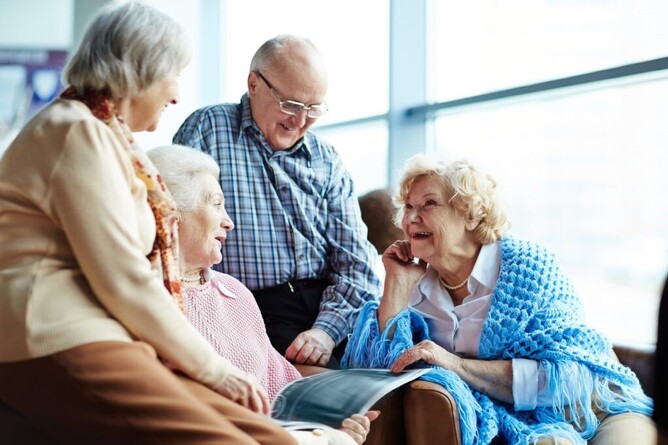Musings from our president
All my research and personal experience has shown that almost any form of interaction with other people is beneficial to our physical and mental health. Over the winter months it takes more effort to get dressed up to go out or tidy up to invite someone to visit but the getting ready and the subsequent interaction has so many benefits. And that is twofold – for you and the people you connect with.
Unfortunately, two things have dominated our lives adversely over the last 10 years – internet devices and more recently the Pandemic. Both encourage separatism which can lead to isolation. One year with Covid would have been ok but three years of practicing how to keep your distance from each other – even friends and family – has created a fear of even going out or in some cases it has validated a reluctance to go out and meet new people or interact in society.
Humans instinctively like to be connected and so ‘social media’ has grown to fill that gap but unfortunately a large percentage of what people are watching and reading can be false and unrealistic and certainly does not provide the warmth and satisfaction of being with people face to face.
I joined a weekly knitting group a while ago and it is invigorating to get to know the other ladies – their worries, their joys and sadness’s, their successes and failures. Each week it is like peeling an onion to discover more about each person, hearing about their lives in the past and their dreams and aspirations for the future. It’s rewarding and fulfilling and you learn a lot about yourself as well. We swap ideas and opinions about a myriad of subjects – sometimes even knitting!
Another example was that despite the tragedy and destruction of Cyclone Gabrielle, it was obvious that people rediscovered the value of communicating and engaging with each other to help and support themselves and their communities. This was also evidenced during other tragedies since the Christchurch earthquake. Modern technology is fantastic during such events in the short term but can never replace the warmth of chatting with friends over a coffee or getting together for a garden club meeting. I have experienced many instances where you are able to gauge that someone in a group is in need of assistance, be it mental, emotional or physical. Sometimes being noticed, feeling a steadying hand as you stand up or the offer to fetch a cup of tea can make such a difference to someone’s feeling of wellbeing.
There is also a lot good to be said about the internet, enabling older folk to stay in touch with friends and family who no longer live nearby. However, we saw how hard it was for everyone during the unprecedented ‘lock down’ periods when face to face interaction was restricted and Zoom meetings became the norm for business people. Luckily outings seem to have returned to a more normal occurrence which means we are able to attend more groups and clubs to be with old friends and acquaintances or meet new ones.
Excerpts from online research which illustrate what the experts have observed:
“Human well-being relies on intimate social connections. In a recent study published in Nature Neuroscience, a team of researchers led by Rebecca Saxe, a neuroscientist at the Massachusetts Institute of Technology, reported that social interaction is a basic human need, just like food and water and how important it is for a healthy brain and mental well-being. Digital technologies played a crucial role during the pandemic by virtually connecting individuals with their loved ones. Now, scientists are exploring whether or not digital social interactions stimulate the same reward circuits in the brain as physical interactions. Physical isolation sparked by the pandemic and the increasing loneliness epidemic, suggest that physical social interaction may be simply irreplaceable.”
It provides us with a sense of connection, purpose, support and, ultimately, overall better health and longevity. Dozens of studies have shown that people who have fulfilling relationships with family, friends and community members are happier, have fewer health problems, and live longer.
“We can try to go at this life alone, and many of us try at some point – but in truth, it’s not sustainable. Our social lives are the bedrock of our health and emotional well-being. We’re better together than we are alone. Maintaining a healthy social life is linked to better memory, cognitive function, self-esteem, and even physical health.”
Tauranga, Papamoa & Katikati hold coffee morning meetings each month at various locations and everyone is very welcome to attend. The details are on our websites or give us a call. There are also plenty of opportunities to volunteer at or offices or hosting events. July is the month to choose your favourite woolie scarf, get your coat on and head out for a bit of ‘social interaction’ and have a good time.
Jennifer Custins, President



